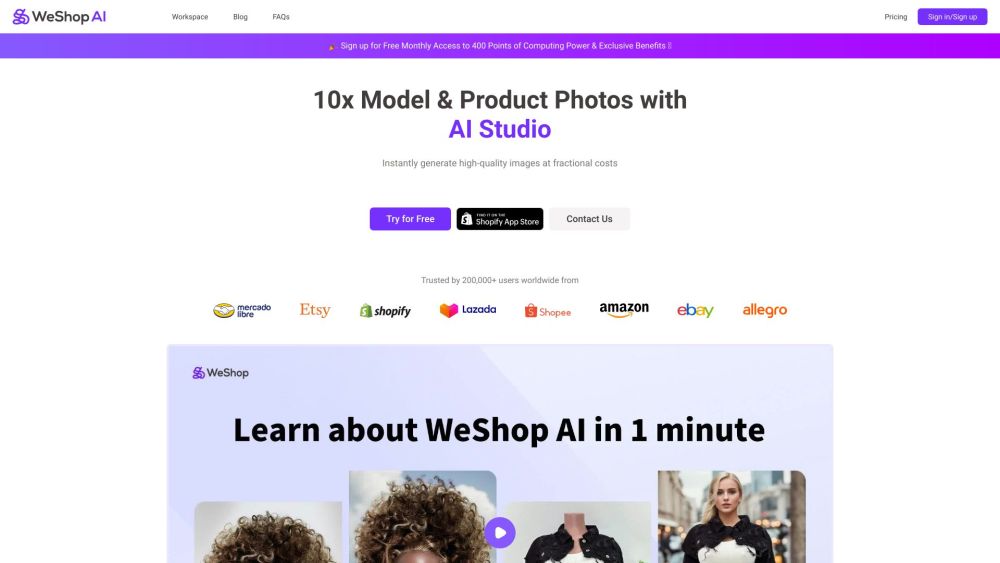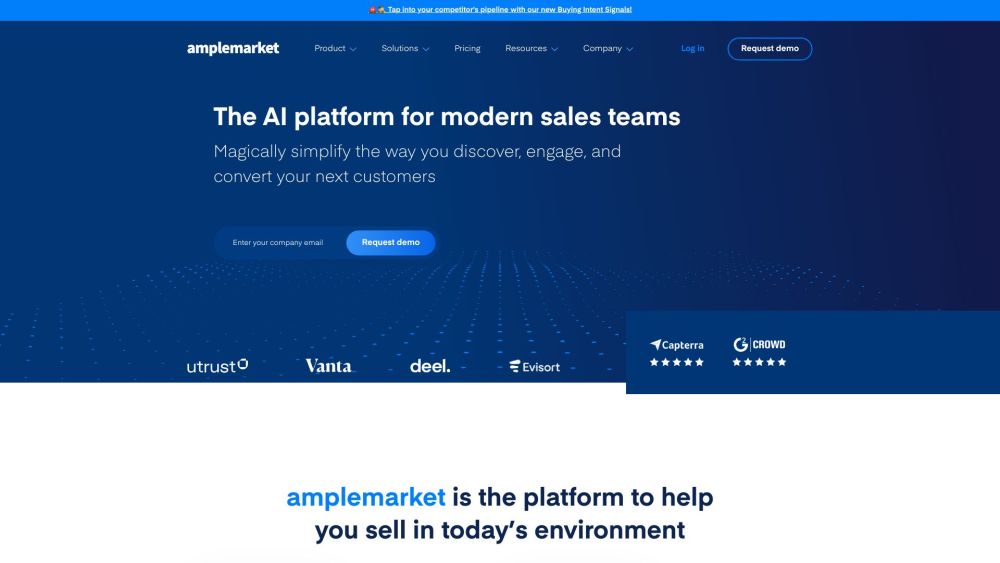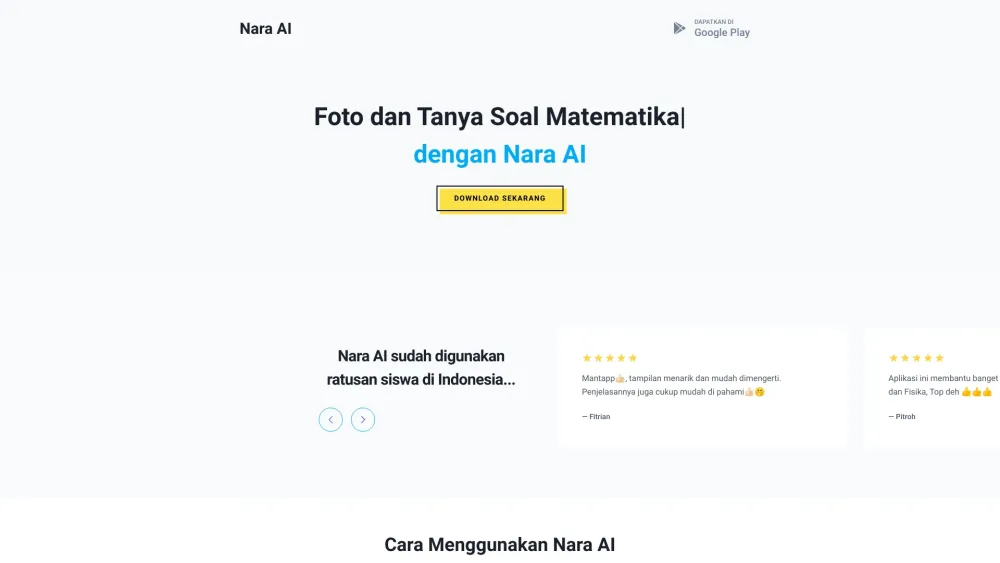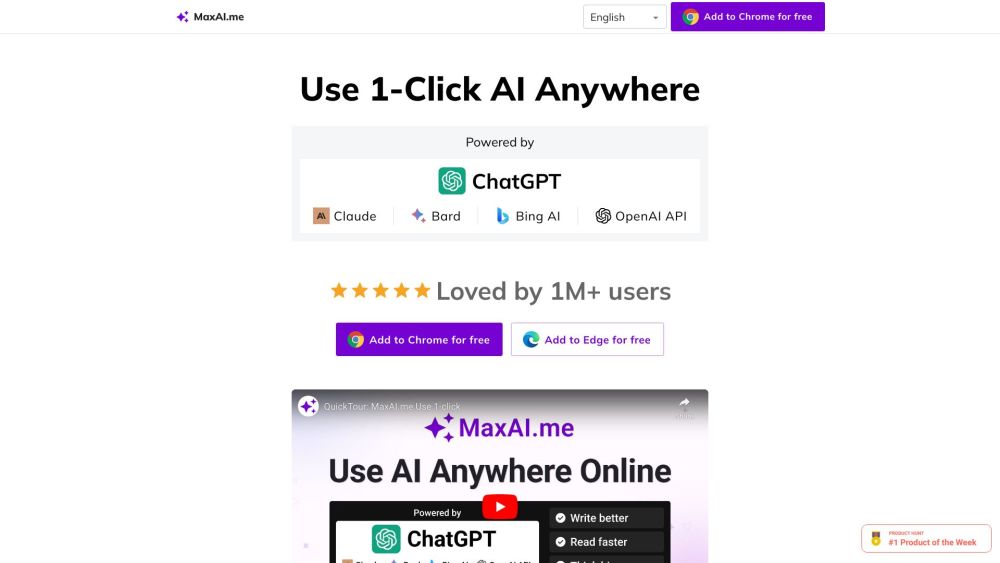Google Expands NotebookLM: AI-Powered Note-Taking Now Available Globally
On Thursday, Google announced the global rollout of NotebookLM, its revolutionary AI-driven note-taking assistant, now available in over 200 countries. This expansion comes nearly six months after its initial release in the U.S. Notably, the platform is powered by Google's advanced multimodal LLM, Gemini 1.5 Pro, which has been enhanced with new features and language support to enable users to create summaries and ask questions based on their documents effortlessly.
The newly supported countries include Australia, Brazil, Canada, India, the U.K., and 208 others. The app now supports 108 languages, including Arabic, French, German, Hindi, and more. Additionally, users can engage in source materials and chat in 38 languages, enriching the accessibility of AI-assisted note-taking.
Originally demoed as Project Tailwind at Google I/O 2023, NotebookLM was first made available to a limited audience in June 2023. Its AI capabilities extend to generating summaries and responding to queries from various sources, such as documents, transcripts, and notes uploaded by users. Unlike traditional AI chatbots, such as ChatGPT, NotebookLM relies on the specific documents provided by users, ensuring that generated information is relevant and accurate.
The platform now offers the ability to source content from Google Slides and web URLs, complementing the existing support for Google Docs, PDFs, and text files. This allows users to create notes or inquire about the content, whether it’s text or images.
While some early U.S. users expected NotebookLM to integrate with popular note-taking apps like Evernote and Google Keep, Raiza Martin, Senior Product Manager for AI at Google Labs, explained that the focus remains on honing NotebookLM’s core functionality. “In the future, we hope to explore these types of integrations,” she noted.
An important new feature includes inline citations, which allow users to reference supporting passages in their sources, verify AI-generated content, and read original texts for more context. In previous versions, citations were placed below the generated responses.
NotebookLM also includes the Notebook Guide, which helps convert user content into various formats, such as FAQs, briefing documents, or study guides. Steven Johnson, editorial director at Google Labs, shared that NotebookLM is designed for use by authors, educators, and students, with early adopters successfully integrating its source-grounding technology into their research and writing processes.
The application has already proven beneficial for creating hyperlocal newsletters, summarizing interviews, developing grant proposals, and even for managing descriptions of fictional worlds.
Martin reassured users that Google does not utilize any data from NotebookLM to train its algorithms, ensuring privacy for work or school-related documents. "Users want assurance about their data remaining private,” she stated.
At the Google I/O 2024 keynote in May, the company previewed an exciting prototype called Audio Overviews for NotebookLM, which uses the Gemini model to analyze uploaded content and generate podcast-style discussions. Furthermore, Gemini 1.5 Pro allows NotebookLM to handle up to 50 sources in a single notebook, accommodating 500,000 words per source.
With this extensive global rollout, NotebookLM is set to compete with numerous platforms offering GenAI tools for tasks like summarizing PDFs and answering queries. While most of these competitors charge for their services, Google leverages its resources to provide this groundbreaking tool for free.




